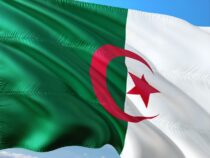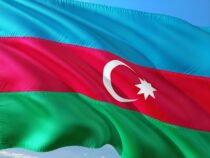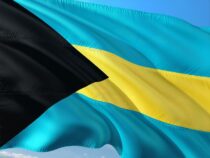International students studying in Micronesia can expect a unique cultural experience as Micronesia is a small island nation with a distinct culture and traditions. English is the official language of instruction in the College of Micronesia-FSM, and most courses are taught in English. The cost of living in Micronesia is relatively low compared to other countries, but international students should be prepared for a simple lifestyle, limited resources, and a tropical climate.
Public University:
- College of Micronesia-FSM: This is the only university in Micronesia. It has multiple campuses throughout the Federated States of Micronesia (FSM) and offers a range of undergraduate programs in various fields such as liberal arts, business, education, nursing, and agriculture.
Private universities: There are no private universities in Micronesia.
Annual College Tuition
The annual college tuition fee for the College of Micronesia-FSM varies depending on the program and campus. However, on average, the tuition fee for international students is around $3,000 per academic year. The College of Micronesia-FSM offers a range of programs, but some of the most popular programs are in the fields of liberal arts, education, nursing, and business.
Living Costs for College Students
The cost of living for college students in Micronesia is relatively low compared to other countries. However, it may vary depending on the student’s lifestyle and location. On average, students can expect to spend around $500 to $800 per month on living expenses, including accommodation, food, transportation, and other expenses.
Main Languages Spoken in Micronesia
The official languages of Micronesia are English and several indigenous languages such as Chuukese, Kosraean, Pohnpeian, and Yapese. Micronesia has a unique and rich history, and the country has been influenced by various cultures and empires, including Spanish, German, Japanese, and American.
Top College Programs
As mentioned earlier, the College of Micronesia-FSM offers a range of undergraduate programs in various fields such as liberal arts, business, education, nursing, and agriculture. However, some of the top college programs in Micronesia are:
- Nursing: The nursing program at the College of Micronesia-FSM is highly regarded, and it prepares students to become qualified nurses who can provide healthcare services in the country.
- Education: The education program at the College of Micronesia-FSM trains students to become qualified teachers who can teach in elementary and secondary schools in Micronesia.
- Business: The business program at the College of Micronesia-FSM offers courses in various fields such as accounting, finance, management, and marketing, and prepares students to become business professionals who can contribute to the economic development of Micronesia.
- Liberal Arts: The liberal arts program at the College of Micronesia-FSM offers courses in various fields such as history, sociology, psychology, and communication, and provides students with a broad-based education that prepares them for a range of careers and further studies.






